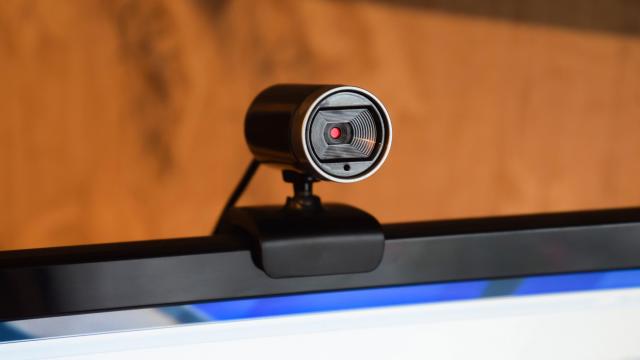If you’ve ever felt like being told to turn your camera on during the Zoom meeting was a fundamental overstep of workplace boundaries and rights, a Dutch court might be on your side. A remote employee of U.S.-based software company Chetu has been awarded about €75,000 by a Dutch judge for wrongful termination, after he was reportedly fired for refusing to leave his webcam on for the entire workday, according to a court filing published earlier this month, first reported on in English by NL Times.
After working for Chetu for about a year and a half while based in the Netherlands, the employee was ordered to take part in a period of virtual training called a “Corrective Action Program.” During that time, he was told he would have to keep his webcam on for the entire workday, along with screen sharing turned on, according to the translated court document.
Yet the worker refused to keep his camera on, telling the company, “I don’t feel comfortable being monitored for 9 hours a day by a camera. This is an invasion of my privacy and makes me feel really uncomfortable…You can already monitor all activities on my laptop and I am sharing my screen.” Just a couple of days later, he was fired for “refusal to work” and “insubordination.”
The employee didn’t think his firing was just, and neither did the Dutch court he took his legal complaint to. “Instruction to leave the camera on is contrary to the employee’s right to respect for his private life,” wrote the court in its decision.
Upon the initial lawsuit filing, Chetu claimed that the webcam monitoring was no different from if the employee had been physically present in an office, an argument that wasn’t enough to sway the judge. Though the company did not actually show up for the court proceedings. Chetu also did not immediately respond to Gizmodo’s request for comment.
The court’s verdict specifically references a 2017 European Court of Human Rights decision which stated, “video surveillance of an employee in the workplace, be it covert or not, must be considered as a considerable intrusion into the employee’s private life… and hence [the court] considered that it constitutes an interference within the meaning of Article 8 [Convention for the Protection of Human Rights and Fundamental Freedoms]. Any interference can only be justified under Article 8…if it is in accordance with the law, pursues one or more of the legitimate aims to which that provision refers and is necessary in a democratic society in order to achieve any such aim”
Since the judge ruled in the plaintiff’s favour, the court requested that the company offer the fired employee fair compensation; covering damages, unemployment, court fees, lost wages, and a payout of his unused vacation time.
Unfortunately for remote workers that live stateside, the same lawsuit probably would’ve gone much differently in Florida, a “right to work” and “at-will” employment state. In Florida, an employee can be fired for any reason, as long as it’s not unlawful discrimination.
